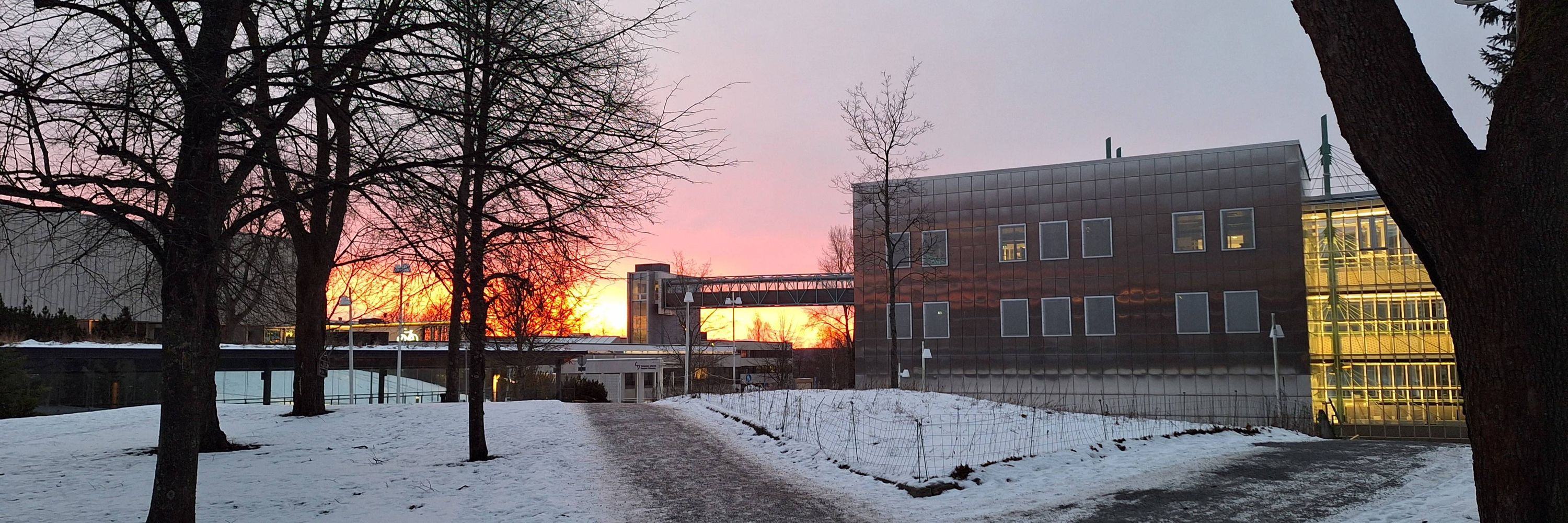
Mikael Laakso
@mikaellaakso.bsky.social
Associate Professor in Information Studies @ Tampere University, Finland. Conducting research, teaching, and supervision on scholarly communication, open science, and meta-research.
And I can be the first to admit that the "reasonings" for open access can and should still be improved. More research should be consulted systematically, and the codes are not fully discretionary (i.e. there is conceptual overlap). But that is best left for a systematic review and dedicated study
October 10, 2025 at 6:02 PM
And I can be the first to admit that the "reasonings" for open access can and should still be improved. More research should be consulted systematically, and the codes are not fully discretionary (i.e. there is conceptual overlap). But that is best left for a systematic review and dedicated study
Erinomainen nosto! Minä olen kovasti kateellinen tästä panostuksesta. Tieteen tekemistä pitäisi tutkia, toistaiseksi se on todella hankalaa koska pitää istua tiukasti joko esim. filosofiseen, bibliometriseen, tiedepoliitiiseen, tai eettiseen muottiin jotta rahoitusta ja julkaisuja saisi kasaan.
June 30, 2025 at 10:53 AM
Erinomainen nosto! Minä olen kovasti kateellinen tästä panostuksesta. Tieteen tekemistä pitäisi tutkia, toistaiseksi se on todella hankalaa koska pitää istua tiukasti joko esim. filosofiseen, bibliometriseen, tiedepoliitiiseen, tai eettiseen muottiin jotta rahoitusta ja julkaisuja saisi kasaan.
Smart use of LLM to classify the policy statements! Will definitely have a read through this.
June 23, 2025 at 1:58 PM
Smart use of LLM to classify the policy statements! Will definitely have a read through this.
As we write in the paper, press releases are a particular genre of content that need to be taken for what they are and are not compareable to e.g. 1-1 interviews. It was quite exciting to dig into this (for us) new type of research data in the context of scholarly publishing.Any feedback is welcome!
June 12, 2025 at 5:49 AM
As we write in the paper, press releases are a particular genre of content that need to be taken for what they are and are not compareable to e.g. 1-1 interviews. It was quite exciting to dig into this (for us) new type of research data in the context of scholarly publishing.Any feedback is welcome!

